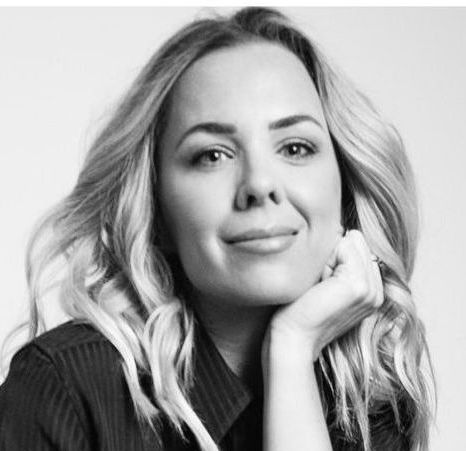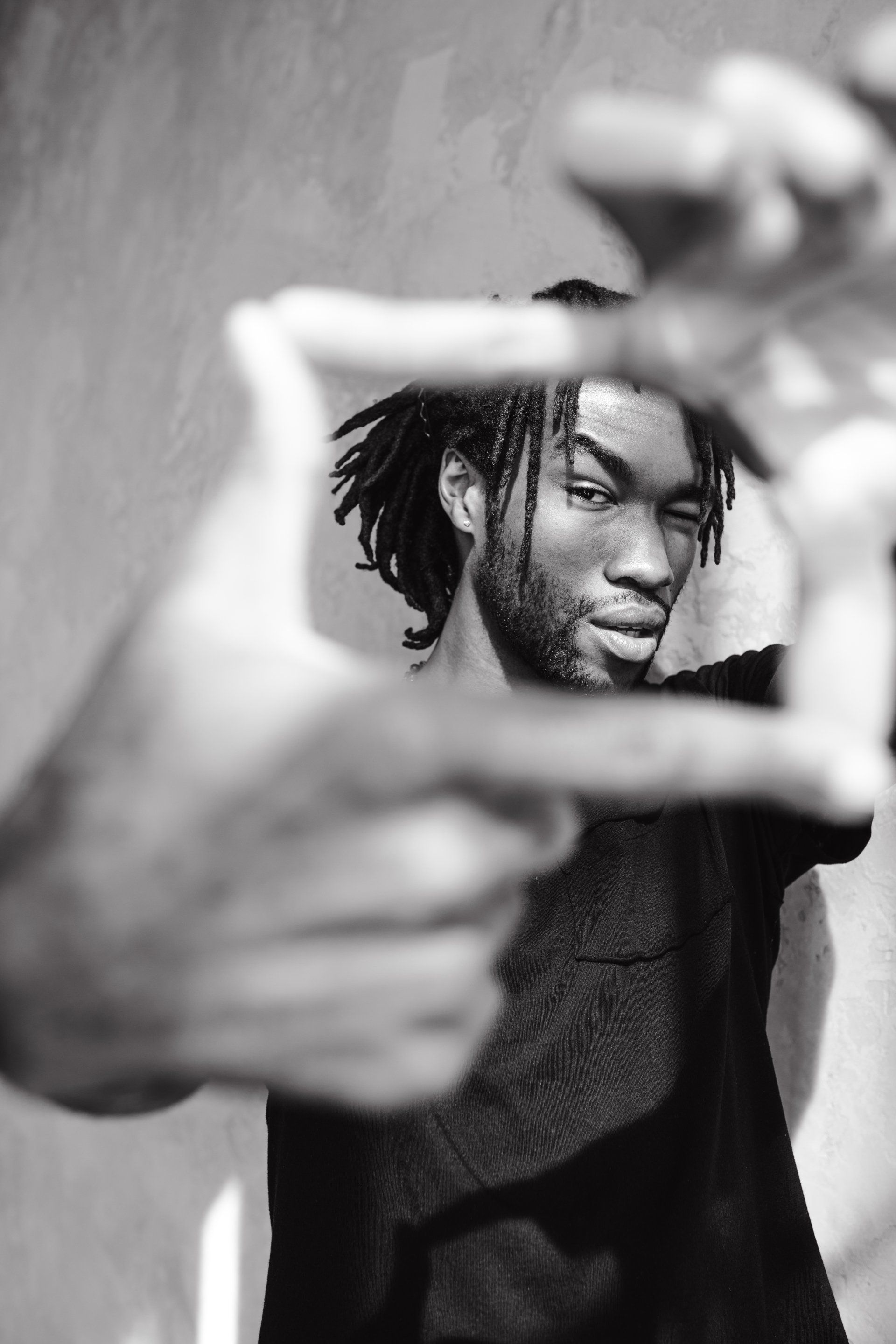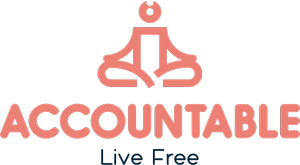Dear Opiates - A True Story of How a "Harmless" Addiction Took Over My Life
Dear Opiates - A True Story of How a "Harmless" Addiction Took Over My Life
Dear Opiates,
It has been some time since we last spoke; over six and a half years to be exact. I remember when we first met - I was looking for another way to get outside of myself and there you were, seemingly benign to my very naive self. When I think about it, I know that you thrived on the fact that I didn’t know you or what you were capable of. You lulled me into a false sense of security. That first meeting was marked by my curiosity being piqued - I needed to know more.
My Addiction Started As My Greatest Strength
You made me feel powerful! I could go to class, play in a game, be with my friends and talk to my girlfriend feeling totally at ease knowing you were with me. You never judged me, got annoyed with me or told me to stop - you were the ultimate cheerleader. Even when I was unexpectedly sick, for no real reason it seems, you made me feel better. Anytime I was feeling sad, anxious or afraid, nothing else made me feel quite as good as you. I really cherished this about you, so much so that I began making long drives from Pennsylvania to Long Island in order to pick you up. Of course I had to lie to my girlfriend to do this, but, after all, I knew she wouldn’t be jealous of what we had, you made me better for her. So in a roundabout way, you were even helping her!
You were also helpful to me as an athlete. I will never forget being on the bus on the way to a game and I brought you with me. I was nervous about this - I was an athlete; how could I bring you?! I was confident though because up until that point, you really hadn’t let me down. Additionally, I knew that I couldn’t be surrounding myself with things that would affect my lungs or my performance. You on the other hand - all good! You didn’t give me a hangover or affect my lungs. I didn’t smell when I was with you and I could hide you very discreetly. I always felt in control with you. We waited until we got to the visiting locker room, headed into one of the bathroom stalls and did our thing. Immediately I felt better - you were with me now. My anxiety stepping on the field? Gone! The game was GREAT - I scored twice and added an assist. It was clear to me, I needed you for times of stress and anxiety, especially when I needed to perform.
And perform we did. It didn’t matter the circumstance; when you were with me, I felt so confident. The girl that I was dating didn’t know that you and I were acquainted and at the time, I didn’t think she would understand our relationship. That didn’t matter to me. Everytime that she and I were together, and you were with me, I just felt like a better person. I could be attentive to her needs because you were attentive to mine. In short, my life seemed to become better very quickly because of you, it seemed like nothing could go wrong with you in my life...
This small innocent pill...how could this do anything worse than alcohol or anything else that others around me might be taking? You offered me the ability to relax at the end of a stressful day, a day filled with my own anxieties and insecurities - many of which I could not spot if someone asked me about them. I would take you into my room after a day of class and practice; you were the best part of my day. Without knowing it, I had put myself on a path of destruction; your path to be specific. Yes, you were always there, but you didn’t tell me at what cost, what things I would have to do, what things I would have to give up in order to continue our relationship.
Then My Opiate Addiction Became My Biggest Weakness
It seemed like nothing could stop me and to be honest, I enjoyed having this secret relationship with you. However, it seemed almost overnight that things started to get...well, stressful with you.
I know that I mentioned the trips that I used to take in order to pick you up. Pennsylvania to Long Island and back in under 5 hours. It seemed perfectly normal to me. Very quietly however, stress started to enter into the conversation. The girl that I was dating at the time was very smart and perceptive. In order to make these long drives, I was constantly concocting lies in order to buy myself chunks of time. Then there were the times that I didn’t have you. All she wanted to do was spend time with me and if you weren't with me, I found myself constantly irritated by her simple request. I felt like I couldn’t do anything at this point without you.
The stress started to bleed into other areas, specifically sports. The bus would be leaving for an away game at 7am and there I was, 645am, pounding on someone's door in order to have you with me. I was terrified of missing the bus, but even more terrified of having to perform without you. Finally, it was the sickness. I had these unexplainable illnesses - vomiting, chills, aches and pains. They seemed to come out of nowhere but mostly when you weren’t there. I didn't understand it at all but I knew that once I got my hands on you, everything was better.
All of these instances were stressful but, I was able to navigate them without dire consequences. When there were consequences, I was able to rationalize what I was doing and our relationship together. Looking back now, I understand that part of my naivety was due to the power you held over me; a power that I had no idea about. All this time later, it is incredibly difficult for me to accept what I rationalized.
The consequences continued and became more and more severe. There were lost jobs, lost relationships, lost friendships and most severely for me, complete loss of trust with the people around me who mattered most. Why couldn’t I see that you were at the root of it?
I will never forget being at a job that, at the time, felt like a dream job to me. Objectively, it was. Anyone in the world would have cherished the job and the opportunity it afforded. I lost that job simply because of you. I was on my way to the train in order to get to work and when I went to go look for you, you were gone. I had to call into work and lie because I was at the point where I couldn't function without you, let alone go to work for an entire day.
You were in total control. How could I not see what was happening to me? At the time I really believed that all of these negative consequences were happening to me. What I did not realize was that
it was me
making these bad things happen, and you were in total control of my actions.
As the consequences became more and more frequent, I found myself turning to you even more, you allowed me to escape the sadness and fear that I felt regarding the turmoil that was occurring in my life. You were the arbiter of my destruction and at the time, my way to cope through it.
“With me in the driver's seat and you on the gas, those values, morals and ethics quickly went out the window.”
It wasn’t until I found myself at an emotional and physical
bottom
that I was able to verbalize to the people around me that I needed help - specifically, I needed help to get away from you. I grew up in a good house with good role models. People who instilled in me good values and a strong sense of right and wrong. With me in the driver's seat and you on the gas, those values, morals and ethics quickly went out the window. I found myself engaging in behaviors that I would never consider. When I hit my bottom, I knew that I needed to get back to acting within the values I knew to be healthy and adaptive.
The funny thing about getting to your “bottom” is that it actually turns out to be the starting point for the rest of your life, if you so choose it to be. In full transparency, it
sucks. Feeling emotionally, mentally and physically depleted is something I wish for no one. Having said that, it is something that I am eternally grateful for. If it wasn’t for that bottom, I never would have gotten the help that I needed in order to rid myself of you and change my life. So, there I was, Spending Easter sitting in a treatment center, not exactly what I had imagined, thank you for that.
I felt so out of place - “how did I get here” was the thought that kept dominating my brain. My initial thought was that we were going to talk about how bad you were and blame it all on you. To my surprise however, the bulk of the work was internal. It was the first time in my life where I was forced to confront myself. Any and all of my insecurities and fears were all getting brought to the surface. Prior to this experience, I had no idea what I was feeling, let alone what needed to be coped with. The treatment experience taught me that you were aiding me in coping and that there are other ways to do so without you - healthy ways.
I won't lie to you, it was a painstaking process at first. Engaging in a self-autopsy and learning how to put myself back together was not exactly a thrilling experience. Over time however, it got easier. Most importantly, my life got easier. Now that you and your friends were gone, I was better able to utilize these new tools to navigate anything that was coming my way. What I did next however, and continue to do, was to sharpen those tools.
Addiction Recovery is Possible
There are so many parallels between recovery and athletics. No one gets onto a field of play and instantaneously becomes the best at what they do.
It takes work, dedication and sacrifice to hone your craft. Recovery is much the same. No one leaves treatment or enters the world of recovery and instantly understands every trigger. It too takes work, dedication and sacrifice. The connection that I always draw between the two is practice. When I left treatment with a new set of coping tools it was extremely important that I continue to practice these tools in order to hone them and make them automatic. For me, I had the unbelievable opportunity to go to sober living and to attend both IOP and OP (intensive outpatient and outpatient) treatment. These allowed me to continue to hone my craft of recovery so that my tools did not deteriorate. In this time, I was able to find a cadence to my recovery, one that I knew would be sustainable over time.
For me, recovery was and is a lifetime gig. That same cadence that was started after treatment is one that continues today and will continue for the rest of my life. You may think “wow that sounds difficult or cumbersome. Wouldn’t it be easier to come back to me for an ‘instant’ result?” To that I would say this: Much like brushing my teeth, a recovery cadence can become something that is just ingrained behavior - something that doesn’t need to be considered and is just done because it is well…a part of life. It is that new life and new perspective that sustains me now and I no longer need anything else, let alone you.
Six and a half years. Some would say that is a long time, others would say that it is merely a blip. I have been writing this letter for about two months. I have read through it close to twenty times and have deleted and re-wrote several areas. When I think about why it has taken me so long to finish, the thought that I keep coming back to is how indifferent I am towards you now.
Oddly enough, there is a part of me that is grateful - you lead me to getting the help that I needed which has altered my life and the life of those closest to me. To those currently in your grasp, you serve no adaptive or healthy purpose and I know that each and every one of them possess the strength and courage to be rid of you.
This will be my last communication with you dear opiates. I will continue to live my life to the fullest; practicing my cadence of recovery and maintaining it so that you will always be kept at bay.
-AJ aka a person no longer in your grasp
If you or anyone else you know could use additional support in recovery, You Are Accountable is here to help!




hello@youareaccountable.com
(646) 450-7641